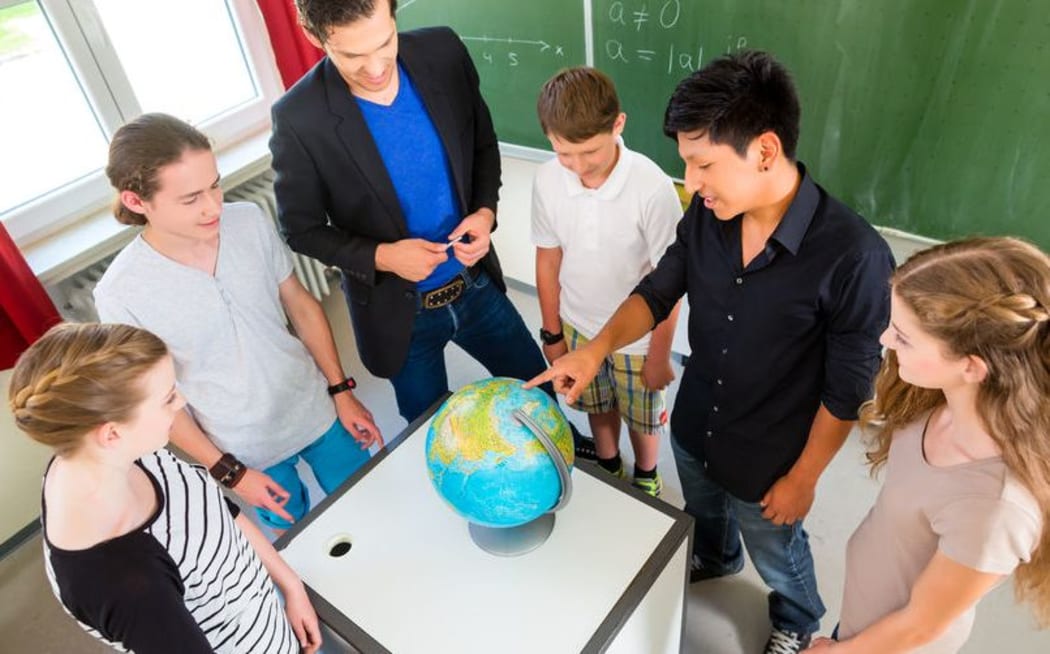Reading, science and maths have long been the focus of school exams, but now the OECD says it is introducing a new topic to its prestigious Programme for International Student Assessment (PISA) tests - Global Competence.

Questions include how many languages the student speaks and how their teachers treat people from cultures different to their own. Photo: 123rf
From 2018, the tests of 15-year-olds in 80 countries will include questions about international issues and teenagers' ability to get on with people from different cultures.
The OECD said the aim was to "provide the first, comprehensive overview of education systems' success in equipping young people to support the development of peaceful, diverse communities".
The organisation has published examples of the sort of questions it will be asking to assess students' global competence.
They include how many languages they speak, how many of their friends were born in a different country from them, whether they try to conserve energy or donate to international charities, and how their teachers treat people from cultures different to their own.
A researcher at the Council for Educational Research, Rachel Bolstad, said young New Zealanders should be good at global competence.
"It aligns really well with the vision and principles and values of the curriculum that we've already got.
"We talk about wanting young people who are confident, connected, actively-involved, life-long learners. Young people that are members of communities and international citizens, so schools are already charged with supporting young people to develop these capabilities right across the curriculum."
Ms Bolstad said the skills and attitudes covered by Global Competence were not the sort of things that were easy to test, but the OECD appeared to have done a good job.
Massey University senior education lecturer Karen Ashton said global competence was incredibly important, but she was not convinced it could be tested well across many different countries.
"How we understand and see global competencies in New Zealand, and which global competencies we think are important for our students to have in New Zealand, might be quite different to the types of competencies that are important in other countries."
Dr Ashton said for example the sample PISA questions asked if students could speak another language well enough to say hello, ask where the bathrooms were, or order a meal. But New Zealanders might put more value on being able to say a mihi in Māori.
Announcing the new area of testing, the OECD Chief of Staff Gabriela Ramos said people needed to be able to cooperate and act creatively and ethically to solve problems including depletion of natural resources and fairer distribution of wealth.
"But in many countries, social cohesion, the bedrock for collaboration, is growing weaker," she said.
"The challenge now is to embed global competence in schools around the world so that young people are better equipped for today's fast-changing, globalised world."


